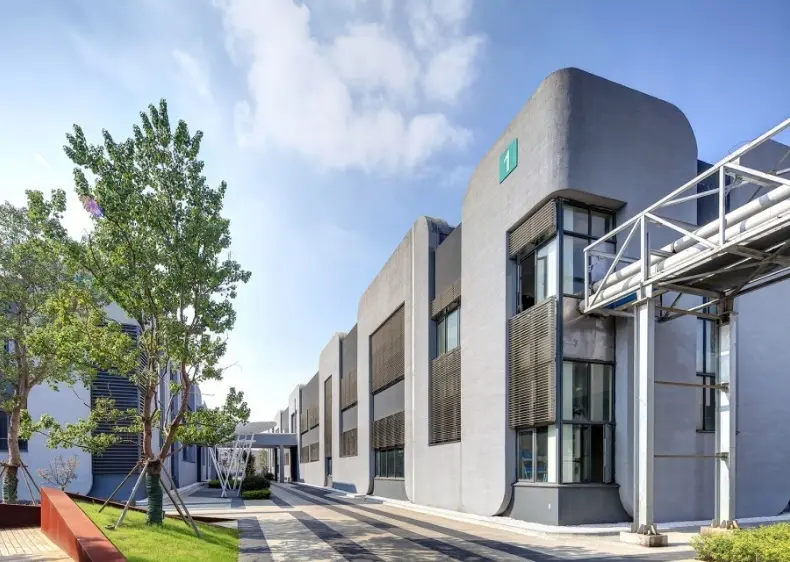2023-11-29
The machinery industry boasts vast market potential.
Lay a Solid Foundation and Focus on Integrated Development of Mechanical Automation Technology
To develop and apply mechanical automation technology, it is essential to solidly establish foundational work for automation projects and promote practical implementation. This requires not only advancing core machinery but also supporting the development of automation components and control systems. Programmable logic controllers (PLCs), microprocessors, sensors, advanced cutting tools, control systems, software, and computers will form the core technological foundation of future mechanical automation.
The key to advancing mechanical automation lies in researching and producing high-performance, highly automated electromechanical products. In automated production, factors such as system architecture, mass (weight), volume, rigidity, and durability significantly impact modern mechanical automation technologies. Mechanical engineering must leverage other advanced technologies to evolve and adapt to the development of modern automation.
During automated production, microelectronics and control theory are indispensable for automatic control, inspection, and servo system operations in manufacturing systems. Similarly, computer and information processing technologies are critical for data exchange, processing, storage, computation, analysis, and decision-making.

